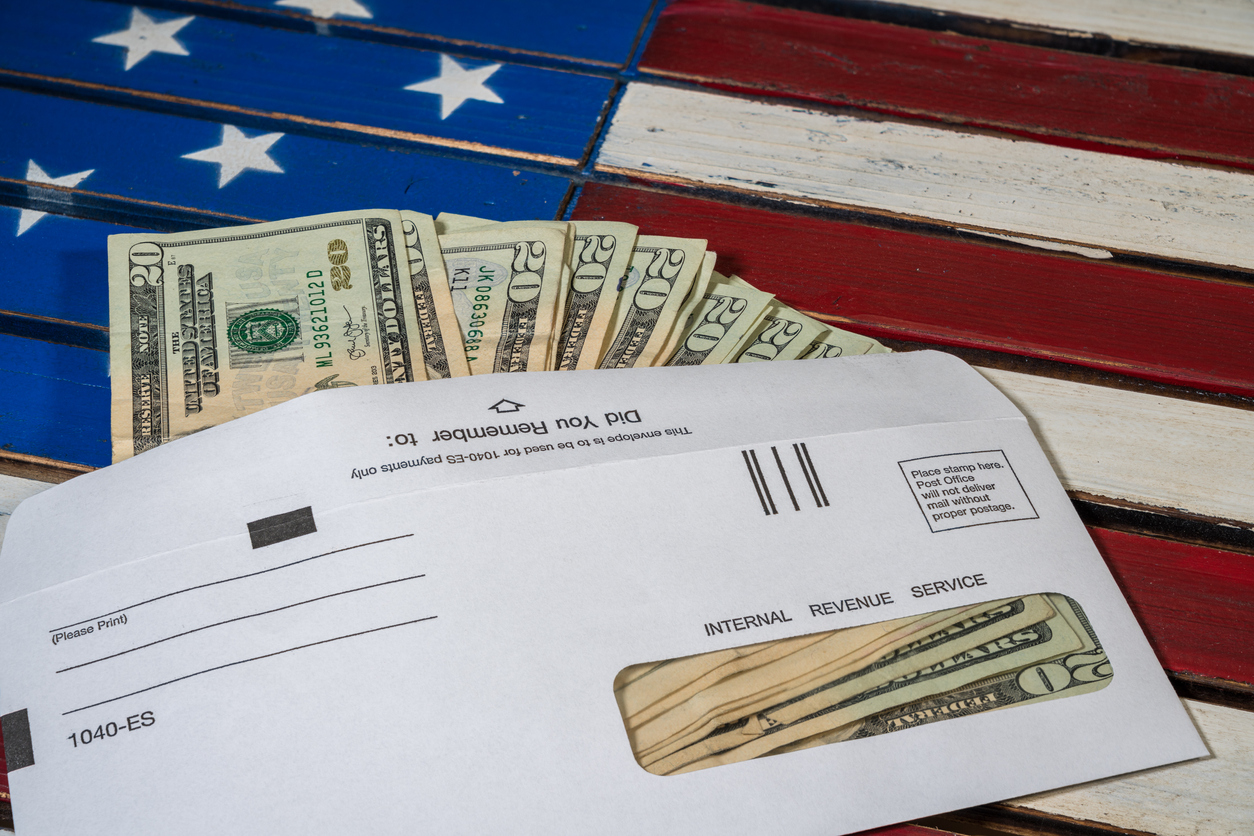Just in time for Christmas, the U.S. Senate and House of Representatives passed a $900 billion COVID-19 relief bill that provides additional stimulus payments to individuals, extends further weekly unemployment benefits and expands government aid to small businesses. The bill extends relief through mid-March of 2021 with the goal of providing support to help individuals and businesses get through the next several months of the pandemic.
How this Bill Will Affect Individuals
The COVID-19 relief bill expands and modifies relief from the CARES Act that was passed in March 2020 and includes the following provisions for individuals:
- A second round of stimulus payments in the amount of $600 per individual and per qualifying child. The payments are based on 2019 income and begin to phase out at $75,000 for individuals, $112,500 for heads of household and $150,000 for married filing jointly.
- An additional $300 per week supplement to state unemployment compensation. These additional payments start December 26, 2020 and end March 14, 2021.
- The Child Tax Credit and the Earned Income Tax Credit will be based on 2019 income amounts rather than 2020 amounts ensuring eligibility for individuals whose 2020 reduced income may exclude them from the credits.
- The charitable contribution limitations reduced in the CARES Act are extended through 2021.
- Flexible Savings Accounts may be rolled from the 2020 tax year to 2021, and 2021 balances may be rolled into 2022.
Changes to PPP Loans and the Effect on Small
Businesses
The bill also provides $325 billion in aid for small businesses. Along with extensions and changes to the Paycheck Protection Program (PPP) that are discussed below in further detail, the COVID-19 relief bill also temporarily disallows the current 50% meals deduction rule. Rather, the bill permits businesses to deduct the full 100% of meals that are spent on food or beverages provided by a restaurant. This provision is applicable to the 2021 and 2022 tax years.
Turning to the PPP provisions, the new bill provides approximately $280 billion in additional funding. One major change from current IRS guidance is that business expenses paid with forgiven PPP loans are tax-deductible. This applies to both original PPP (PPP1) and new PPP (PPP2) loans. Another change from the original legislation is that now IRC 501(C)(6) businesses are also eligible for the loans.
New PPP2 loans are now available to businesses that have already received a PPP loan under the CARES Act as well as first-time qualified borrowers. Businesses that previously received a PPP loan qualify for an additional $2 million loan, provided they:
- Have 300 or fewer employees
- Have or will use the full amount of the original PPP loan
- Can show a 25% decline in gross receipts from any quarter in 2020 as compared to the same quarter in 2019
Other Provisions Included in New Relief Bill
The COVID-19 relief bill also includes the following provisions:
- Creates a simplified forgiveness application process for loans up to $150,000. The SBA should release the new form by the end of January 2021
- Removes the requirement that Economic Injury Disaster Loan Program (EIDL) grants be deducted from a borrower’s PPP forgiveness amount
- Additional funding for the hospitality industry (mainly hotels and restaurants) through expanded PPP loan forgiveness
- $25 billion in various rent assistance programs available for both renters and landlords
- $45 billion in transportation funding meant to aid the airline industry as well as other transit systems and state and local highways and airports
- $82 billion in funding for colleges and schools, $10 billion in childcare assistance and Pell Grant expansion
- $63 billion for vaccine distribution, testing and tracing and other health-care initiatives
Additional details should be forthcoming during the next several weeks and months. Stay up-to-date by checking our website for updates, and learn more about our tax advisory services that prepare you and your business for today’s tax environment.

